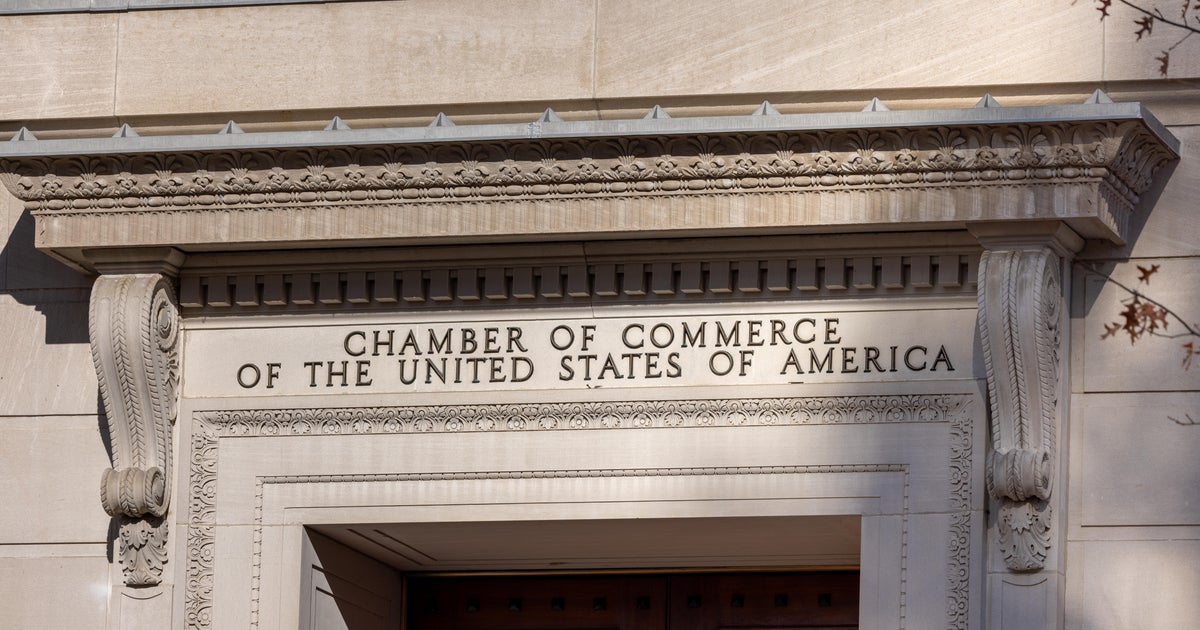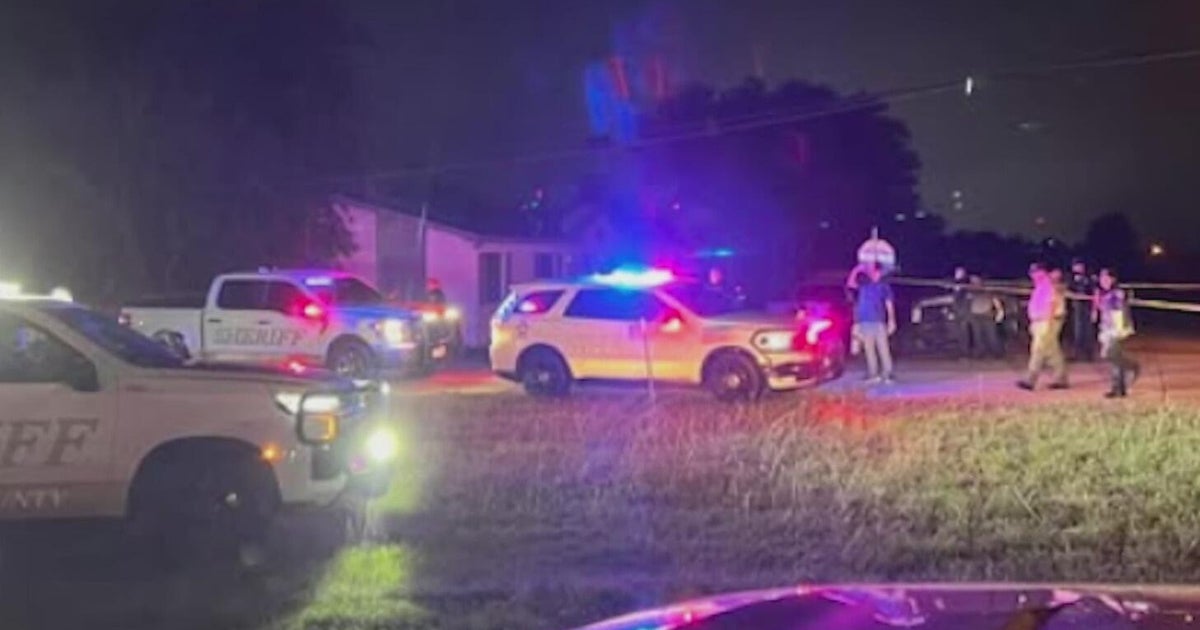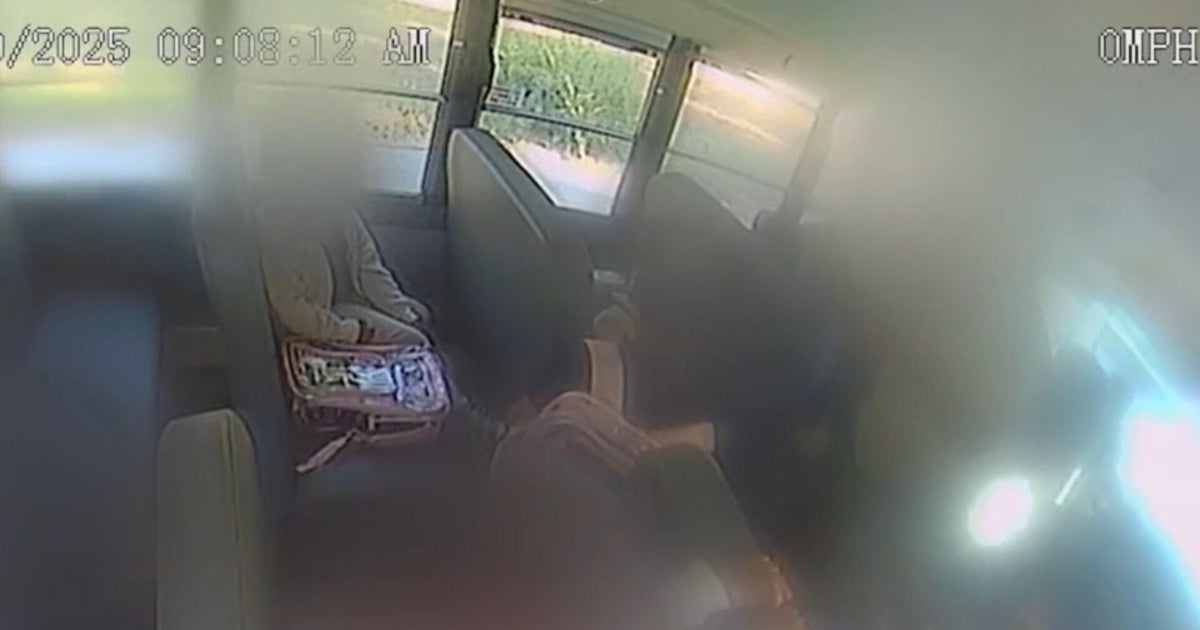It looks official — a letter stamped with the U.S. Supreme Court seal, signed by Chief Justice John Roberts and Associate Supreme Court Justice Sonia Sotomayor, warning that you're under investigation. But it's a scam — one designed to steal money from Social Security recipients, according to the agency's watchdog division.
The fake SCOTUS letter prompted an Oct. 8 warning from the Social Security Administration's Office of the Inspector General, cautioning the program's 75 million beneficiaries to be on alert if they receive a purported letter from the nation's highest court.
While the warning didn't disclose how many Social Security recipients have been targeted by the fraud, the watchdog group said the hoax marks the evolution of government imposter scams, such as the decade-old scheme in which criminals pretend to be IRS officials informing their target victims that they're under investigation for tax fraud. The threat of an IRS probe has long been used by scammers to scare individuals into providing money or private data such as Social Security numbers.
In this latest version of the same scheme, fraudsters are impersonating Supreme Court justices, rather than IRS officials. The new scam relies on multiple points of contact, with a fake letter followed by a text or call from the fraudsters, making it appear more authentic, said John Haraburda, Transaction Network Services (TNS) robocall data expert and director of product management.
"The fraudsters get very, very smart," Haraburda said. "They do the mailing, then they'll send you a text from the number they're going to use for the phone call saying, 'This is the Social Security Administration — we're going to be calling you from this number in a few seconds.'"
He added, "Then you've got this text message in a way authenticating the call that's coming in. That lets you break down your hesitation, to basically drop your guard."
According to the Social Security Inspector General, the scam letter is personally addressed to the would-be victim, warning that they're a suspect in connection with legal proceedings and criminal charges. It also falsely claims their Social Security number has been compromised.
The fake letter goes on to say that the Supreme Court has requested financial institutions to freeze the recipient's assets, and urges them to cooperate with "the U.S. Treasury Department," the watchdog agency said.
"The letter ominously closes by stating, should the recipient encounter any difficulties in safeguarding assets, the recipient will bear full liability for any losses incurred following the suspension of their SSN," the SSA's inspector general said. "Scammers most likely will follow up with text messages or telephone calls."
Scammers may follow up with a text that includes a link to a fake Social Security site, which will capture the victim's login and password as they attempt to gain access to their accounts, or might ask for credit card info, Haraburda said.
Never click on a link in an email or text that purports to be from an official, he noted. Instead, go directly to the Social Security site — https://www.ssa.gov — to log in.
"On every level, this letter is completely false," Michelle L. Anderson, acting inspector general at the Social Security Administration's Office of the Inspector General said in a statement. "These criminals are falsely accusing an individual of a crime and using federal agencies and federal officials to try to scare and legitimize their scam — if you get this type of letter, rip it up and report it."
Edited by Anne Marie D. Lee
Experts warn AI is being used to scam more people
Experts warn AI is being used to scam more people
(01:00)


















































